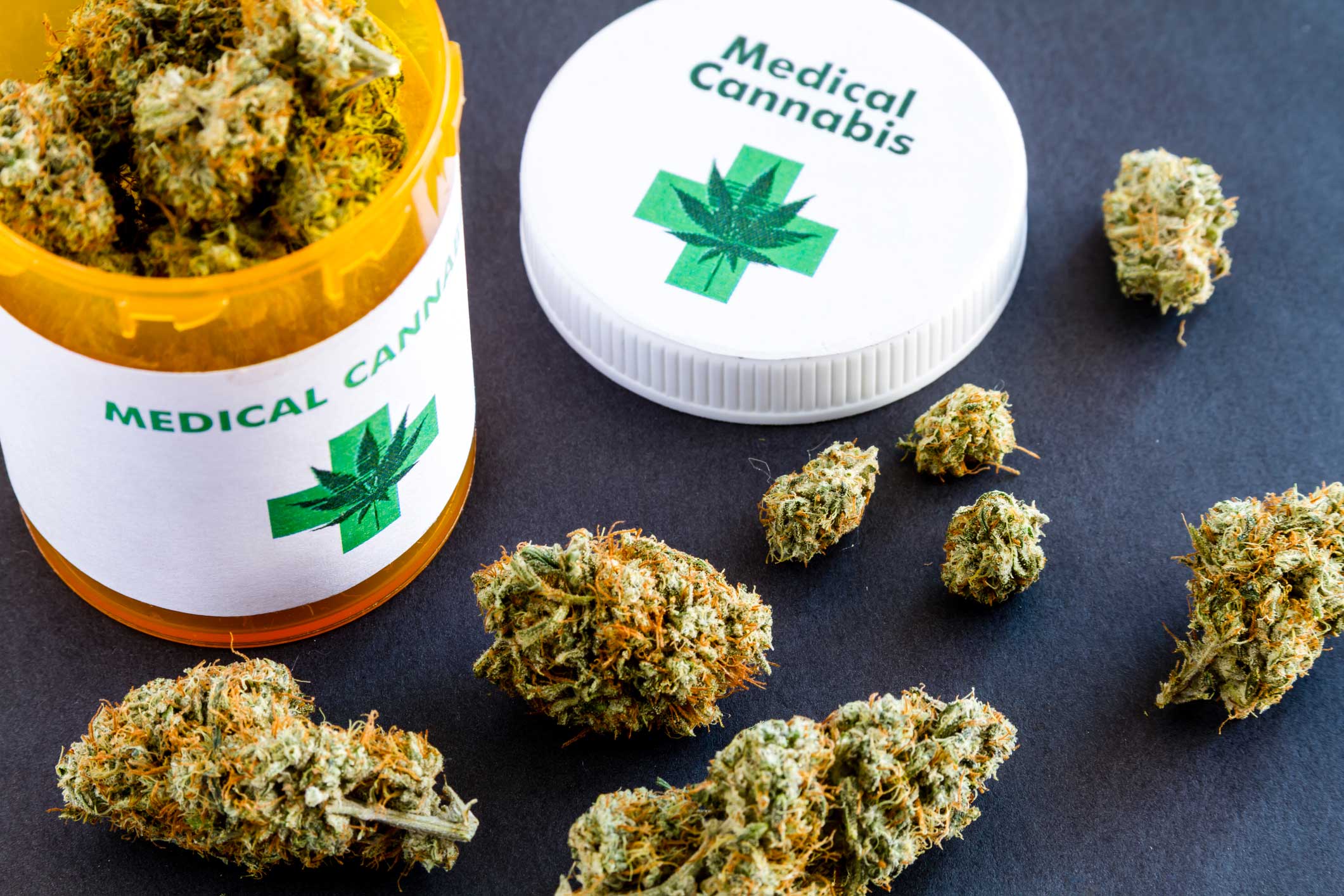A lack of scientific evidence snuffed out efforts to add opioid-use disorder and opioid withdrawals to the approved list of indications for access to Connecticut’s medical marijuana program, a decision earning support across Hartford HealthCare.
“In terms of curtailing cravings, we just don’t have the evidence,” Dr. Jonathan Kost, director of the Hartford Hospital Pain Treatment Center, told the The Hartford Courant after the June 25 announcement. “It’s just too open; it’s just too unknown.”
The decision was handed down by the nine-person board – made up of Department of Consumer Protection Commissioner Michelle Seagull and eight physicians, including Dr. Kost – that serves as a gatekeeper of the state’s medical marijuana program.
Had the request, one of the first nationwide, been approved, Connecticut would have become the third state after New Jersey and Pennsylvania to allow medical marijuana as a treatment for opioid addiction.
Board members noted that while some patients reported marijuana helped ease their symptoms of opioid withdrawal, no actual research exists supporting its effectiveness. In fact, members asserted that the use of marijuana as an effective treatment for chronic pain should be separate from discussion of its use by opioid abusers.
Samuel Silverman, director of addiction services and medical education at Hartford HealthCare’s Rushford facility in Avon, cautioned against “recommending something we really don’t understand,” according to The Courant. To suggest that marijuana plays any role in sustained recovery is bewildering, he noted in submitted written testimony.
The board’s move was also supported in the Connecticut State Medical Society’s position paper co-authored by Dr. J. Craig Allen, medical director of Rushford and a board-certified addiction medicine doctor. The paper, according to The Courant, indicates people using only marijuana to help wean themselves off opioids could face “disastrous” results “leading to relapse, overdose and even death.”
Approving medical marijuana for opioid withdrawal and opioid-use disorder could steer people away from evidence-based, FDA-approved medication-assisted treatment which, he says, is already “highly underutilized.”
“Medications such as Suboxone or Vivitrol provide protection from overdose at the level of the opioid receptor. Marijuana doesn’t do that. Without this protection, people are at a much higher risk of relapsing, overdosing and dying,” Dr. Allen said.
A study in the January edition of The American Journal of Psychiatry also concluded that marijuana use appears to increase rather than decrease the risk of developing nonmedical prescription opioid use and opioid use disorder.
“As is the case with most proposed medical uses of cannabis, more research needs to be done in order to determine efficacy and safety,” Dr. Allen said. “At this point, we need to be cautious and collect more information before moving forward with any decisions about opioids and medical marijuana.”
For more information on treatment for opioid and other addictions, click here.

